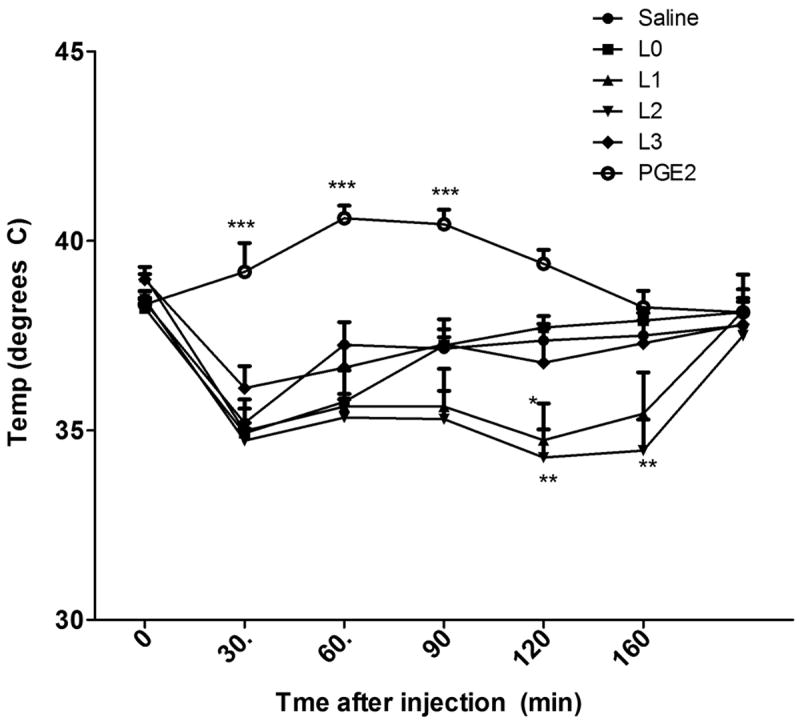Figure 3. Oxidatively-modified LDLs and body temperature.

Baseline rectal temperatures were assessed in five groups of CD-1 mice (n=10). Mice were then injected i.c.v. with native LDL (L0), minimally modified LDL (L1), oxidized LDL (L2), fully oxidized LDL (L3), or PGE2 and temperature assessed every ten min for sixty min and recorded as a difference from baseline (0 = 38.4°C, SEM = 0.2). PGE2 produced a significant increase in body temperature (38° to 42°C) from 20 min to 50 min after injection, whereas native LDL (L0) and its oxidized preparations (L1, L2, L3) produced a decrease in body temperature (38° to 35°) from 10 min through 60 min. Two-way ANOVA followed by Bonferroni posttest was used to assess differences in body temperature between saline injection and other treatments over time.
